15 Movies That Feel Like Therapy for Overthinkers
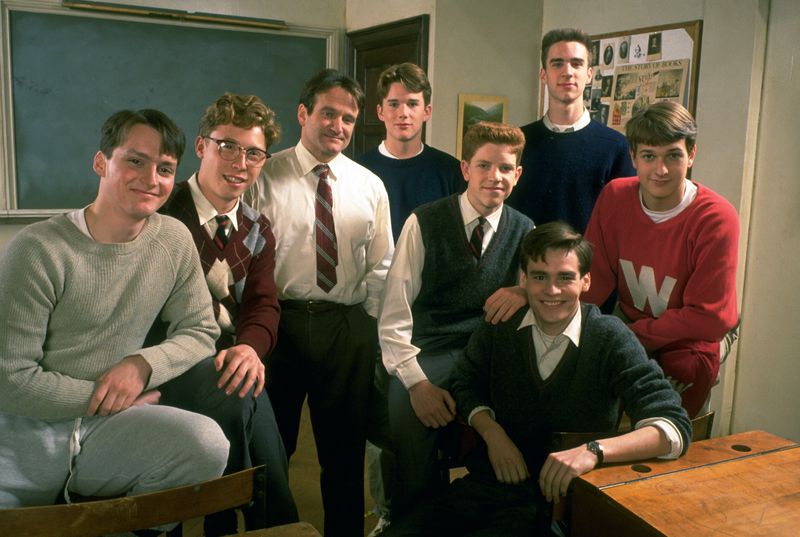
Life can be overwhelming for those of us with minds that never seem to stop racing. Sometimes, all we need is a story that speaks directly to our overthinking hearts. Movies have this special power to calm our busy brains, offering comfort and perspective when we need it most. These 15 films act like a gentle hand on our shoulder, reminding us that we’re not alone in our thoughts.
1. Dead Poets Society
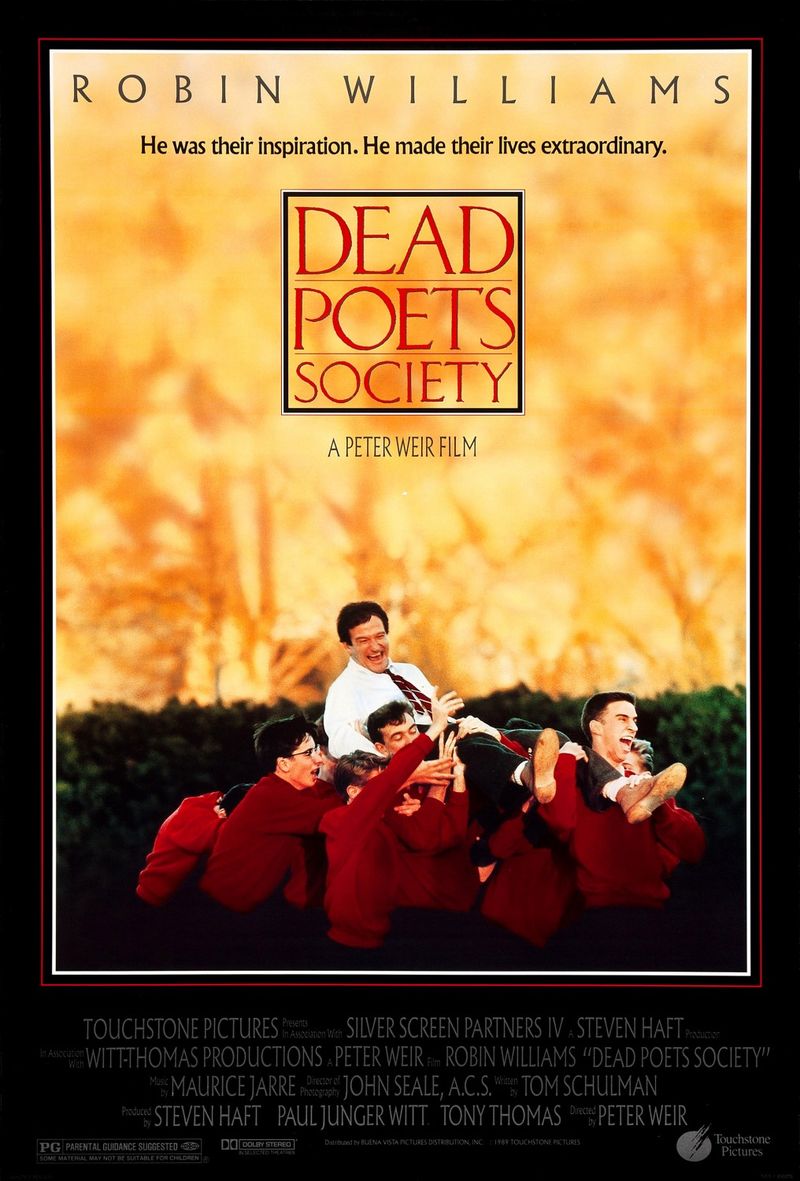
Robin Williams delivers a masterclass in inspiration as English teacher John Keating. His famous “carpe diem” philosophy encourages students to break free from conventional thinking and find their authentic voices.
The film’s powerful message about seizing opportunities resonates deeply with overthinkers who often get trapped in analysis paralysis. Watching these young men discover poetry and passion serves as a reminder that life isn’t meant to be merely contemplated—it’s meant to be lived fully.
For those constantly questioning their path, Keating’s unconventional methods offer a blueprint for breaking free from mental constraints.
2. Good Will Hunting
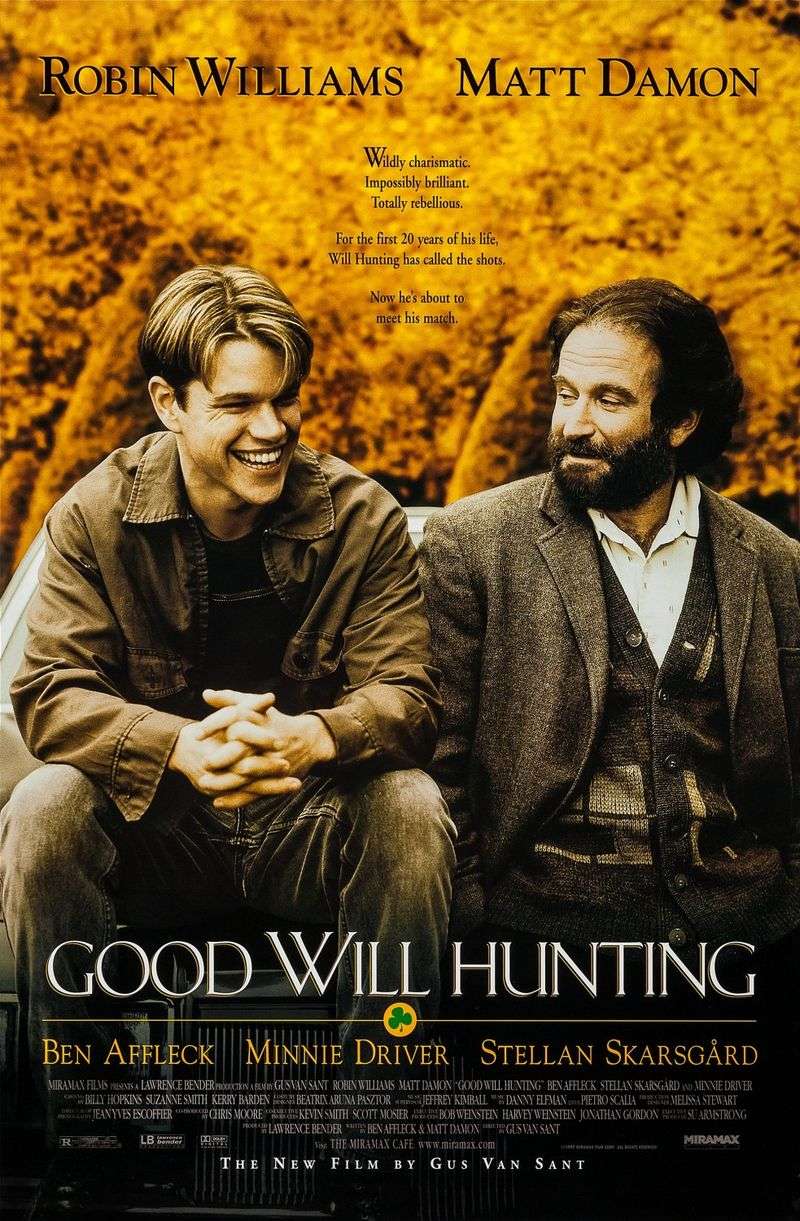
In this story, Matt Damon plays Will Hunting, an extraordinary math mind working as a janitor who avoids his past. Therapy with Dr. Sean Maguire (Robin Williams) challenges him to face his demons head-on.
The film’s greatest gift to overthinkers is showing how intellectual brilliance can become a shield against vulnerability. Those famous bench conversations in Boston Public Garden reveal how even the smartest minds need emotional connection.
Will’s journey teaches us that intelligence without self-acceptance is an incomplete equation.
3. The Pursuit of Happyness
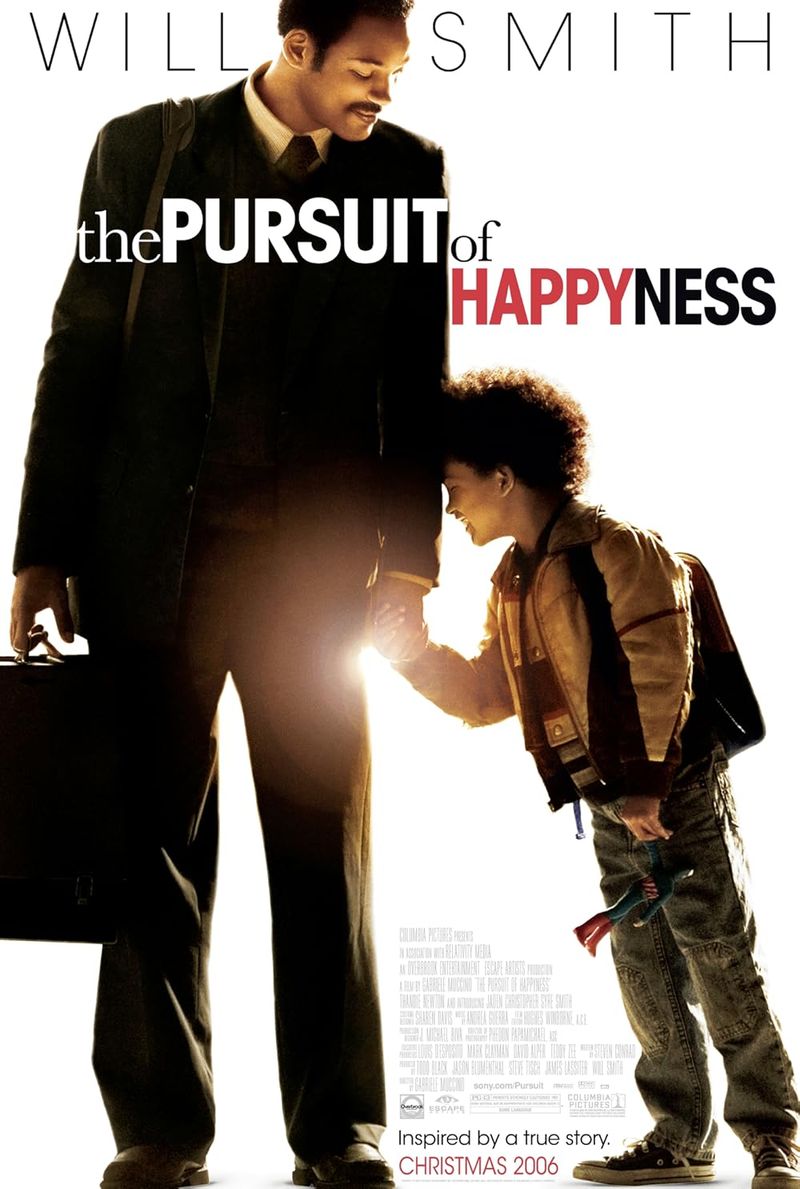
Based on a true story, Will Smith embodies Chris Gardner, a struggling salesman facing homelessness while raising his young son. Despite overwhelming obstacles, he never surrenders his dream of a better life.
Overthinkers often spiral when contemplating worst-case scenarios. Gardner’s story offers a powerful antidote—showing how persistence can triumph even when everything seems hopeless. The film’s raw portrayal of hardship acknowledges life’s difficulties without sugarcoating them.
Gardner’s unwavering focus on solutions rather than problems provides a blueprint for redirecting anxious thoughts toward productive action.
4. A Beautiful Mind
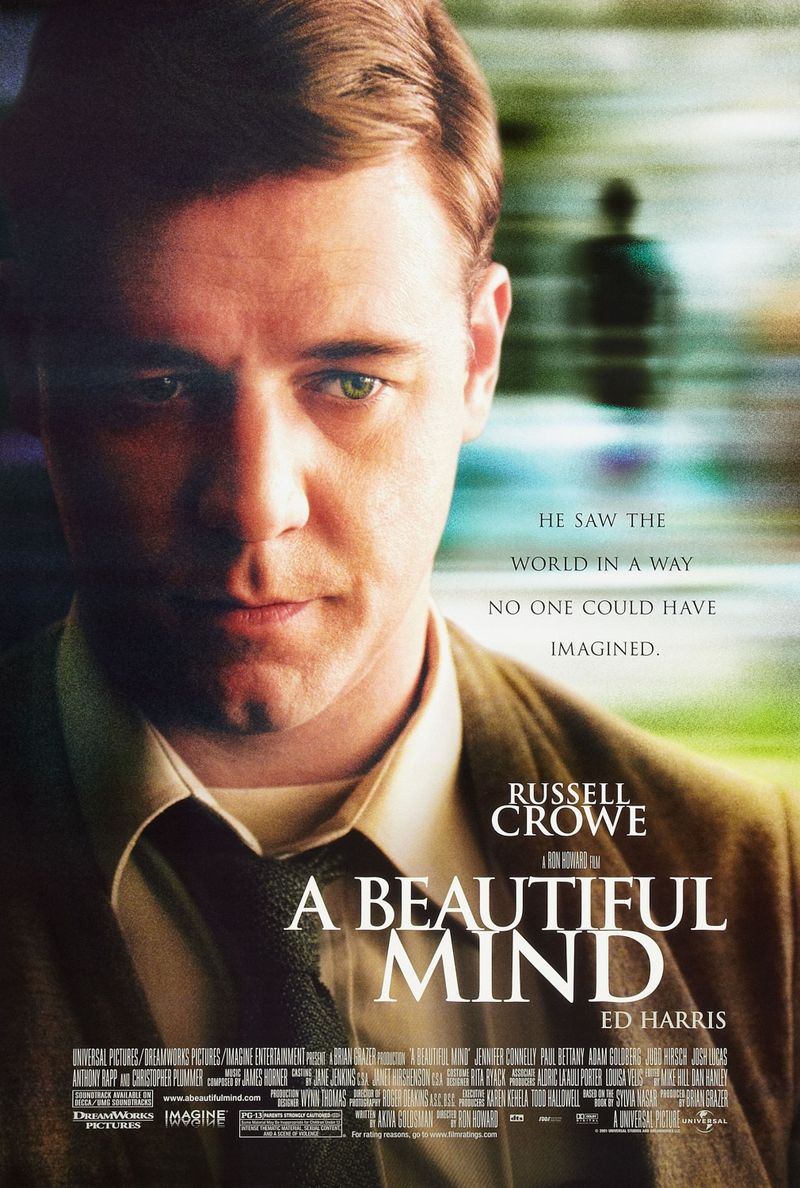
Playing Nobel laureate John Nash, Russell Crowe captures the intense battle with schizophrenia. The film draws viewers into Nash’s mind as hallucinations distort his grasp on reality.
For overthinkers who sometimes question their own perceptions, Nash’s journey offers profound insights. We witness his brilliant mind become both his greatest strength and his greatest vulnerability.
The film’s most therapeutic aspect is showing how Nash eventually learns to coexist with his condition—not by eliminating his hallucinations, but by choosing which thoughts deserve his attention.
5. The Theory of Everything
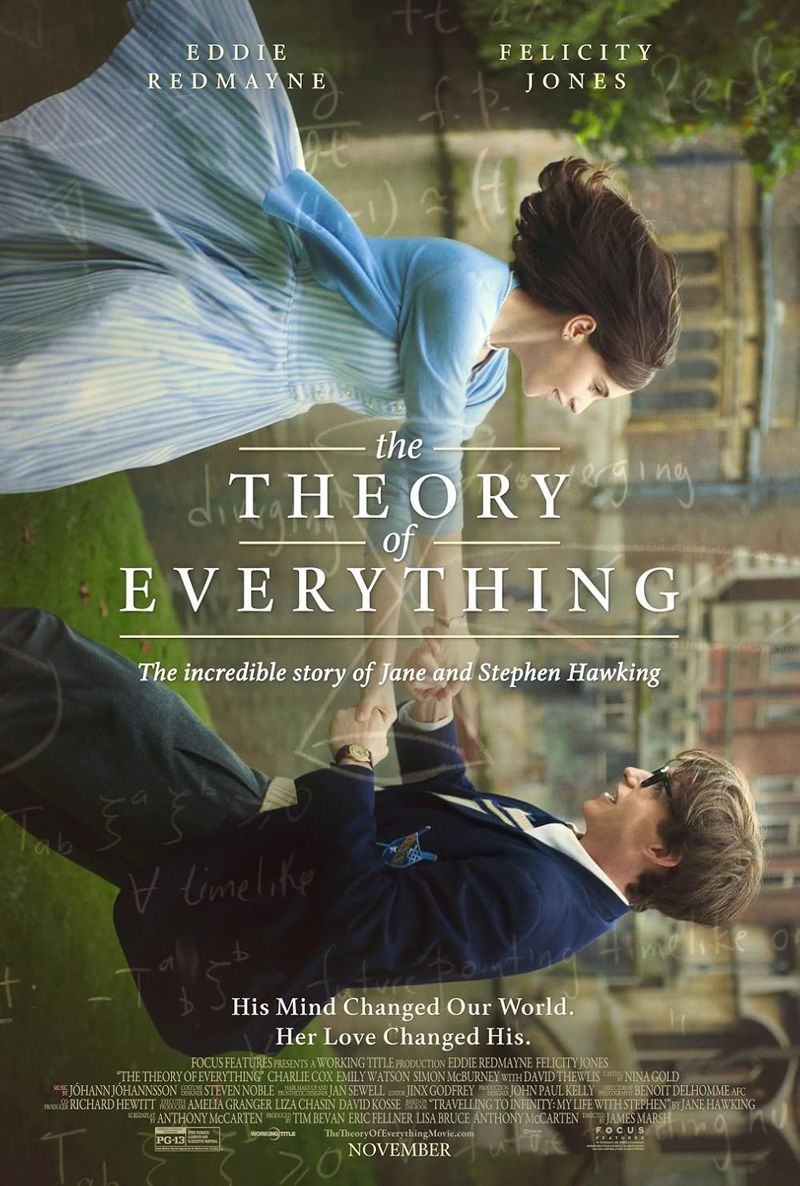
Eddie Redmayne transforms into physicist Stephen Hawking, chronicling his relationship with Jane Wilde as his body succumbs to ALS while his mind continues exploring the universe’s greatest mysteries.
The film offers a special comfort to overthinkers through its portrayal of a man whose physical limitations never constrained his intellectual curiosity. Hawking’s ability to theorize about black holes and time while being unable to move most of his body puts our everyday worries into perspective.
His famous quote that “where there is life, there is hope” serves as a powerful reminder to focus on possibilities rather than limitations.
6. Little Miss Sunshine
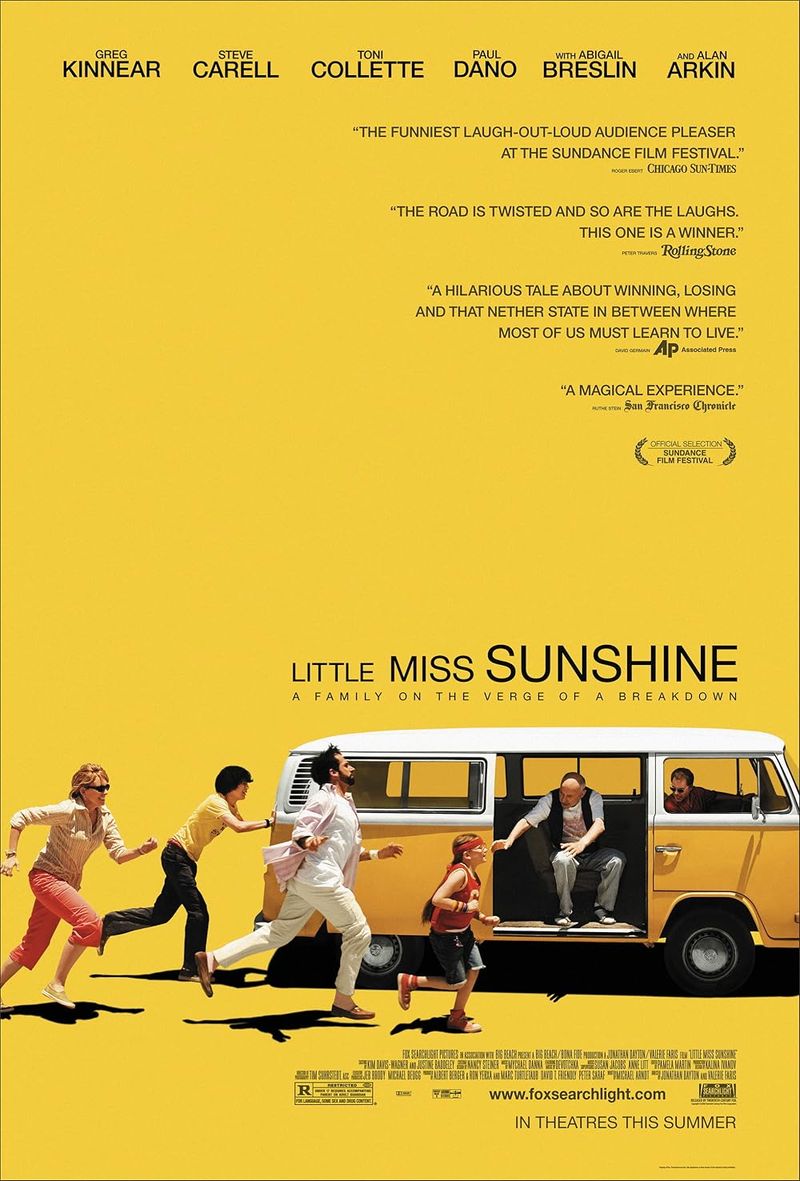
A dysfunctional family embarks on a cross-country journey in a yellow VW bus to support young Olive’s beauty pageant dreams. Each character carries their own brand of disappointment—from a suicidal uncle to a voluntarily mute teenager.
The film’s genius lies in showing how our perceived failures don’t define us. For overthinkers prone to catastrophizing, watching this imperfect family navigate setbacks with unexpected humor provides a refreshing perspective.
The iconic final scene—where everyone abandons decorum to join Olive’s unconventional dance—reminds us that authentic joy often comes when we stop overthinking and simply participate in life’s messy moments.
7. Amélie
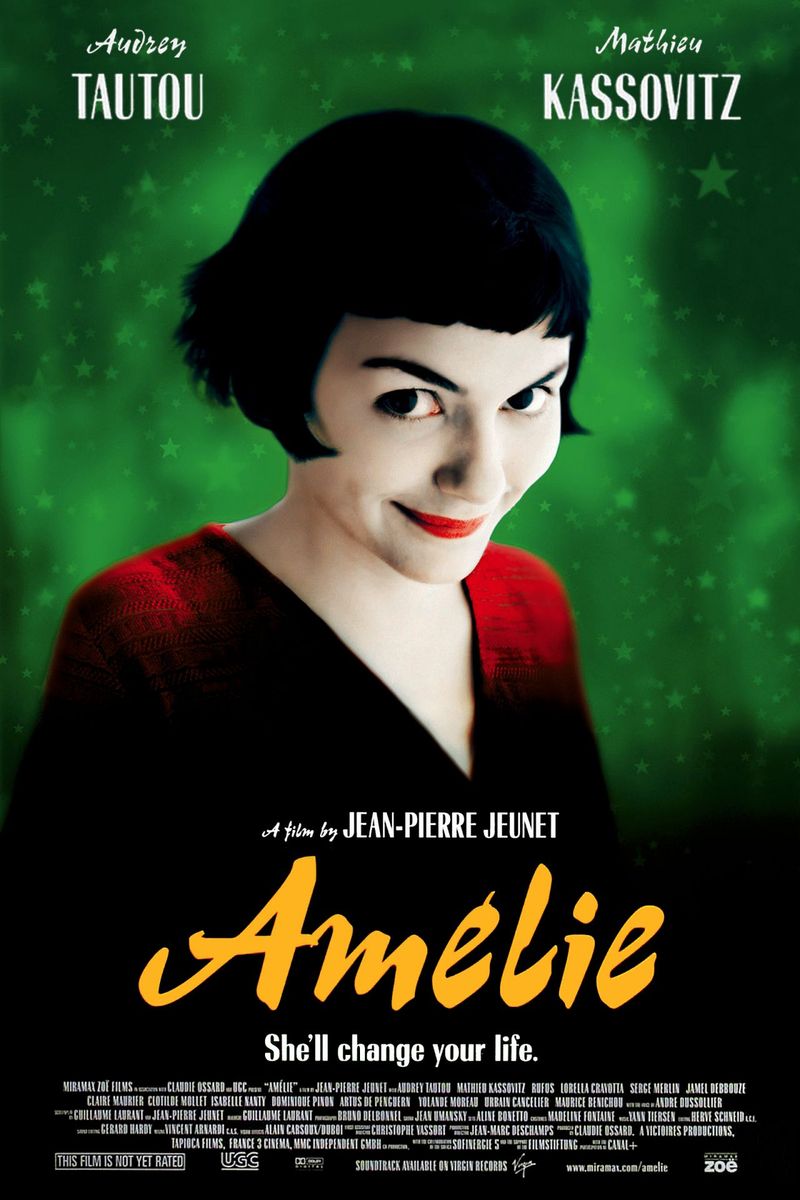
In this charming role, Audrey Tautou plays Amélie Poulain, a reserved waitress who devotes herself to secretly improving others’ lives through imaginative schemes and small gestures.
The film’s vibrant color palette and dreamlike quality create a sensory retreat for overthinkers. Amélie’s imagination transforms ordinary Paris into a magical playground where coincidences become meaningful connections.
Her journey from isolation to connection mirrors the overthinking mind’s path toward engagement with the world. The film gently suggests that helping others might be the best cure for our own rumination—showing how focusing outward can free us from the prison of our thoughts.
8. Finding Forrester
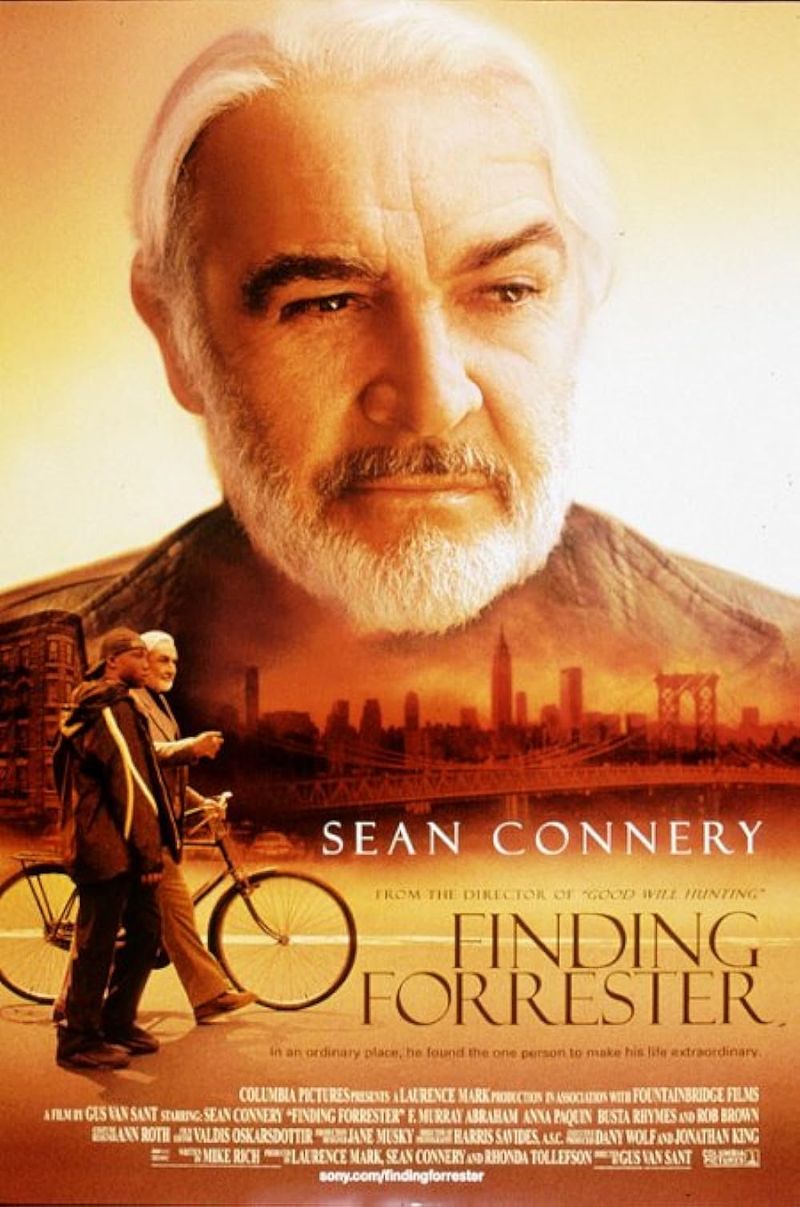
Living a quiet, reclusive life, a Pulitzer-winning author finds himself drawn to a gifted young writer from the Bronx. Their relationship begins with some reluctance but soon turns into a meaningful friendship that affects them both.
The film speaks directly to overthinkers who struggle with imposter syndrome or fear of judgment. Forrester’s famous advice to “write your first draft with your heart and rewrite with your head” offers a perfect metaphor for balancing emotional truth with analytical thinking.
Through Jamal’s journey, we learn that our authentic voice emerges when we stop overthinking what others expect of us.
9. The Shawshank Redemption
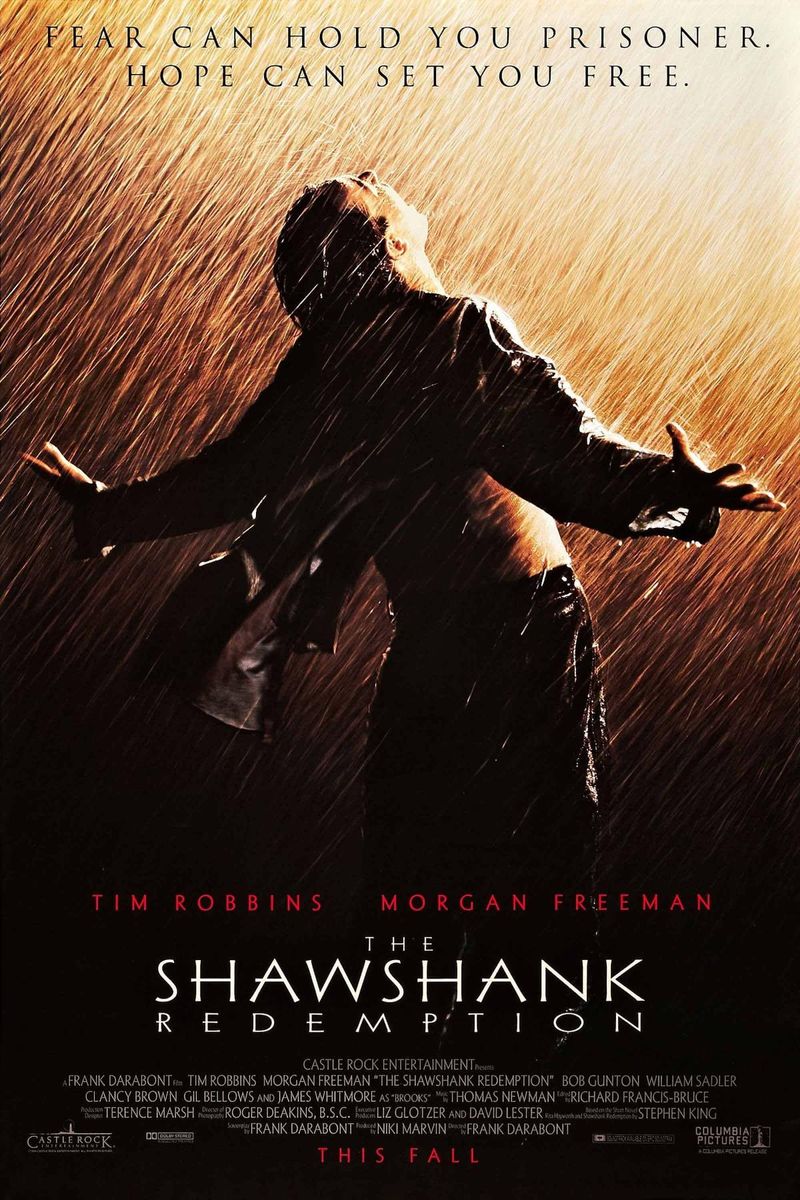
Wrongfully imprisoned for murder, Andy Dufresne refuses to let his spirit be broken during decades behind bars. His friendship with fellow inmate Red becomes the emotional anchor in this story of patience, hope, and redemption.
For overthinkers trapped in mental prisons of their own making, Andy’s methodical tunnel-digging serves as a powerful metaphor. His famous line that you must “get busy living or get busy dying” cuts through circular thinking with stark clarity.
The film’s most therapeutic message is that freedom begins in the mind—showing how even in the most confined circumstances, hope can be a compass pointing toward a better future.
10. Manchester by the Sea
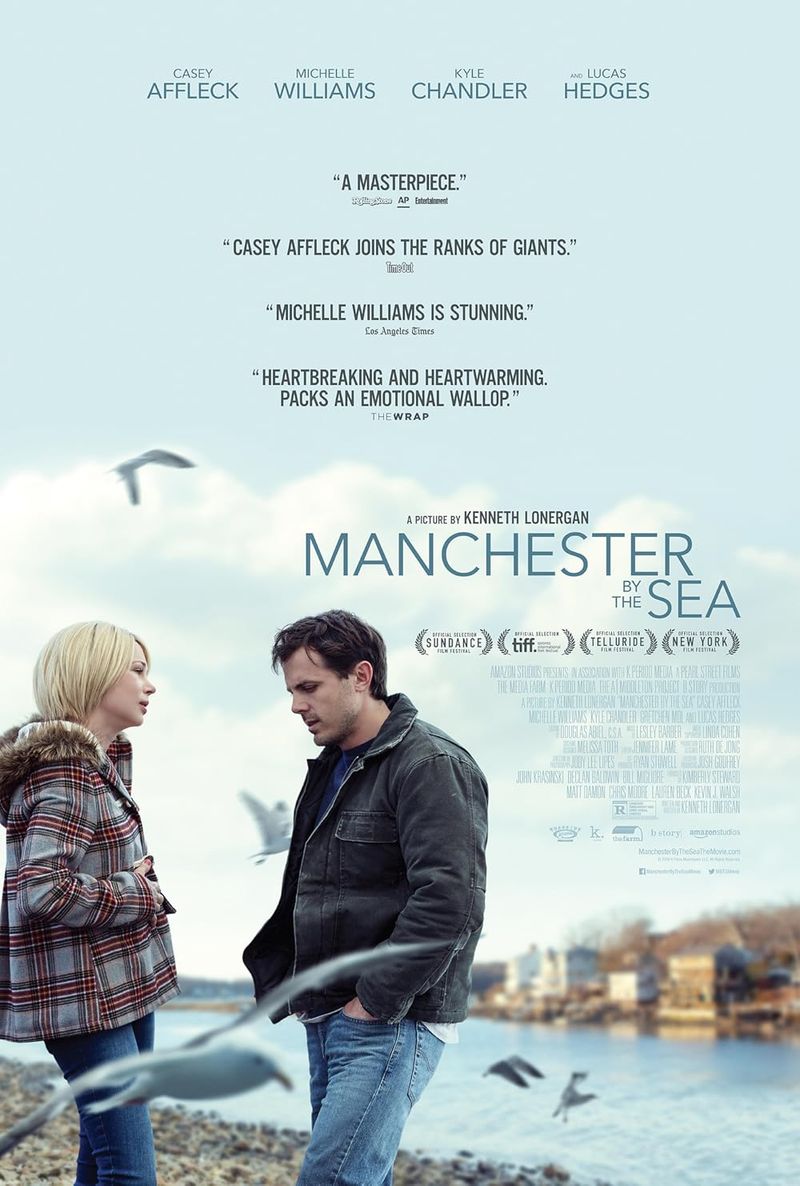
After his brother’s death, Lee Chandler, a janitor portrayed by Casey Affleck, is forced to return home and take care of his teenage nephew—though his troubled past makes it feel almost impossible.
The film’s unflinching look at grief offers overthinkers a rare gift—permission to acknowledge that some pain doesn’t simply vanish with time. Lee’s journey isn’t about finding closure but learning to carry his burden differently.
For those who ruminate on past mistakes, the film’s message that we can find ways to live alongside our pain—without being defined by it—provides a realistic form of hope that feels more honest than easy answers.
11. The Spectacular Now
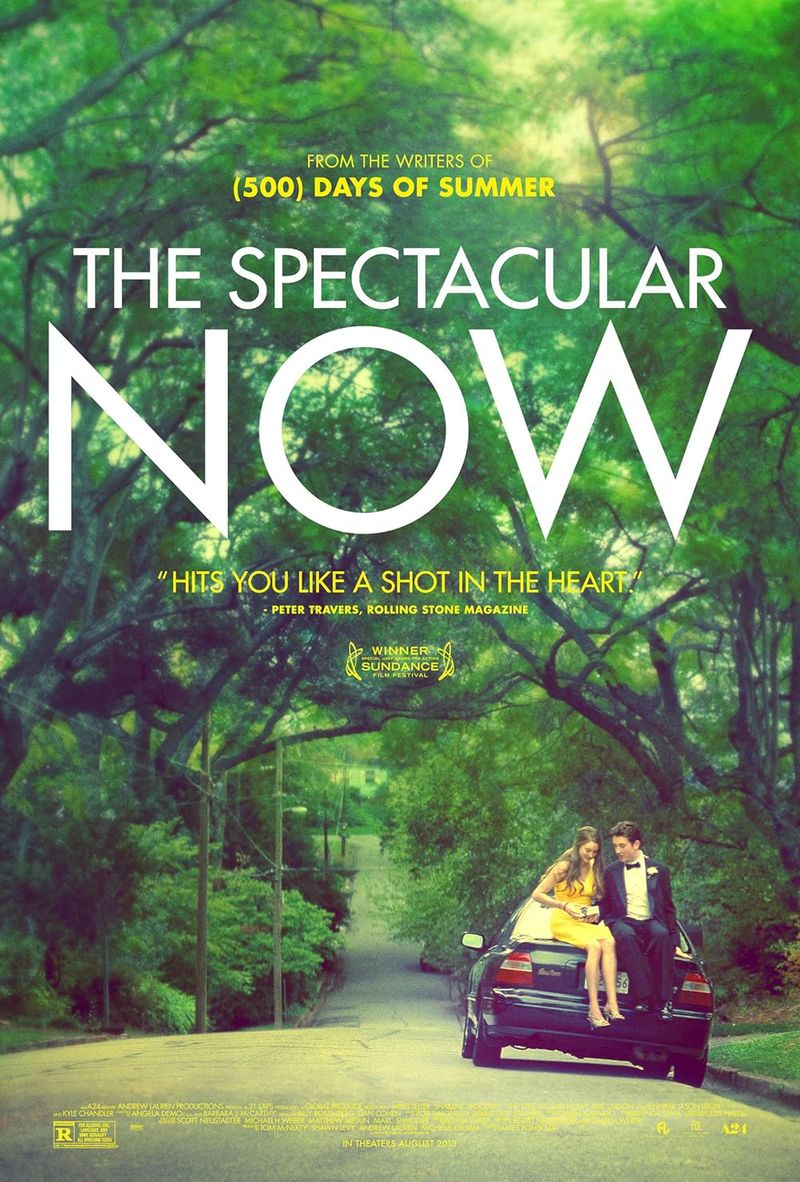
High school senior Sutter Keely lives entirely in the present until he meets Aimee Finecky, a girl whose future-focused outlook challenges his philosophy. Their unexpected romance forces both to confront what they’re running from.
The film captures the overthinking that comes with first love and identity formation. Sutter’s reliance on alcohol to stay in “the spectacular now” reveals how some coping mechanisms only postpone inevitable reckonings with reality.
For overthinkers who struggle with balance between planning ahead and being present, the film offers a nuanced look at how these opposing tendencies can actually complement each other when we open ourselves to growth.
12. Into the Wild
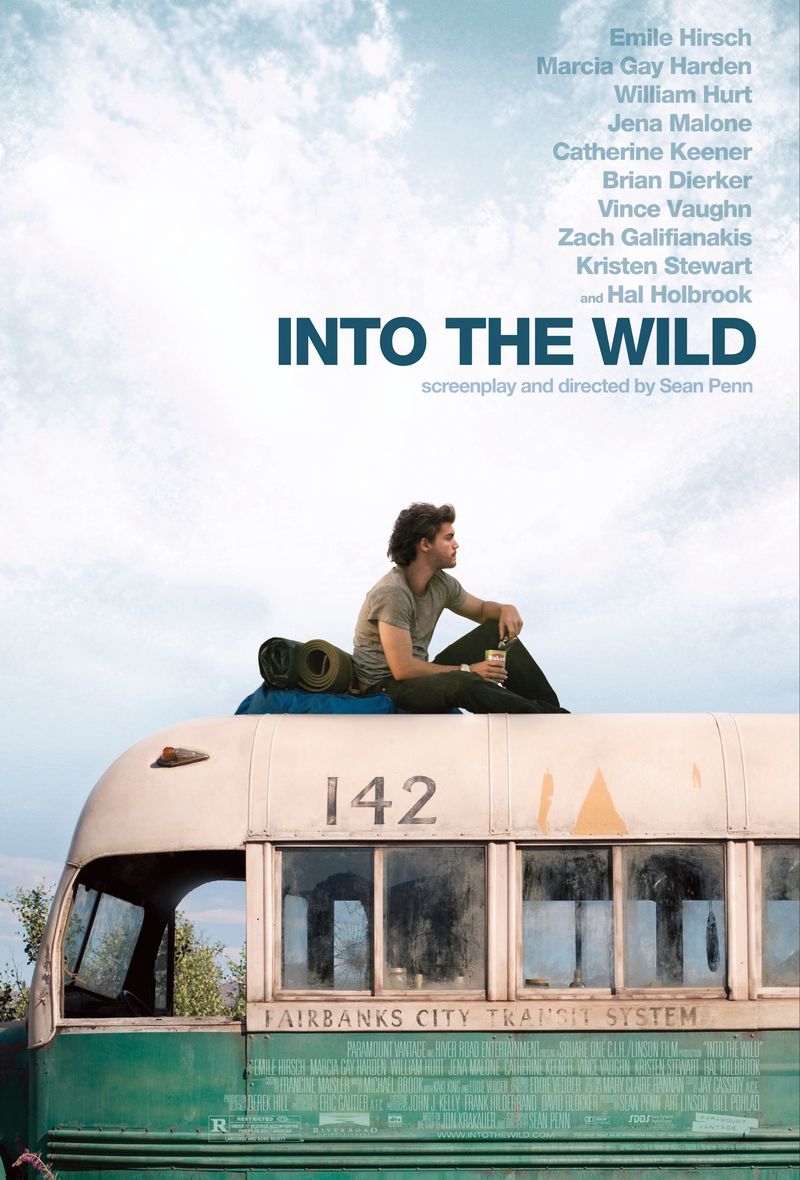
Fresh out of college, Christopher McCandless gives up his conventional lifestyle to explore the Alaskan wilderness in search of deeper meaning through simplicity. The film follows his real-life journey and the people who help shape his perspective.
Overthinkers will recognize the allure of escaping societal expectations to find clarity. McCandless’s journal entries reveal a mind constantly processing experience, searching for meaning in nature and literature.
The film’s bittersweet conclusion offers a powerful lesson about balance—suggesting that wisdom comes not from isolation or constant connection, but from finding the courage to be vulnerable in authentic relationships.
13. Wild
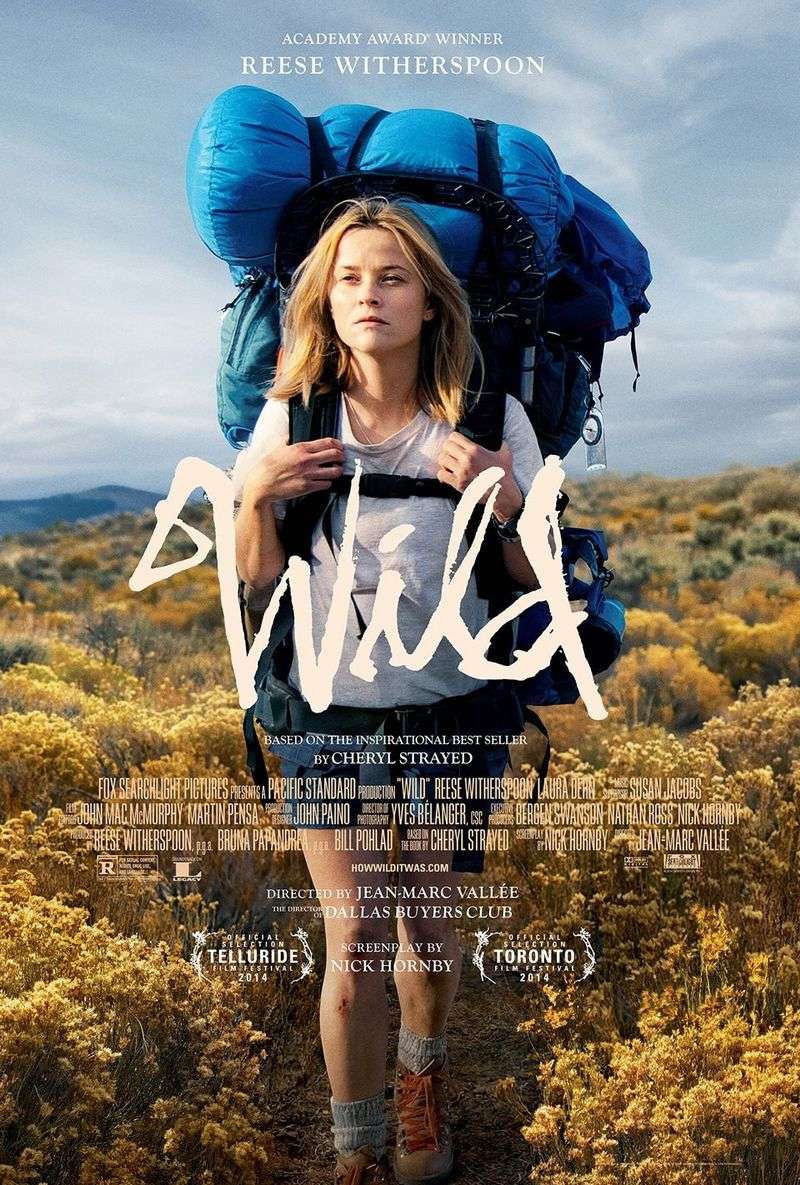
Reese Witherspoon stars as Cheryl Strayed, who hikes the Pacific Crest Trail alone following personal tragedy and self-destructive behavior. The 1,100-mile journey becomes both physical challenge and spiritual reckoning.
The film brilliantly visualizes the overthinking mind through flashbacks that interrupt Cheryl’s hike—just as intrusive thoughts disrupt our present moments. Her determination to complete each day’s miles offers a template for moving forward despite mental obstacles.
For those haunted by regrets or trauma, Strayed’s journey demonstrates how confronting our past doesn’t require endless analysis but rather acceptance and the courage to take the next step forward.
14. The Edge of Seventeen
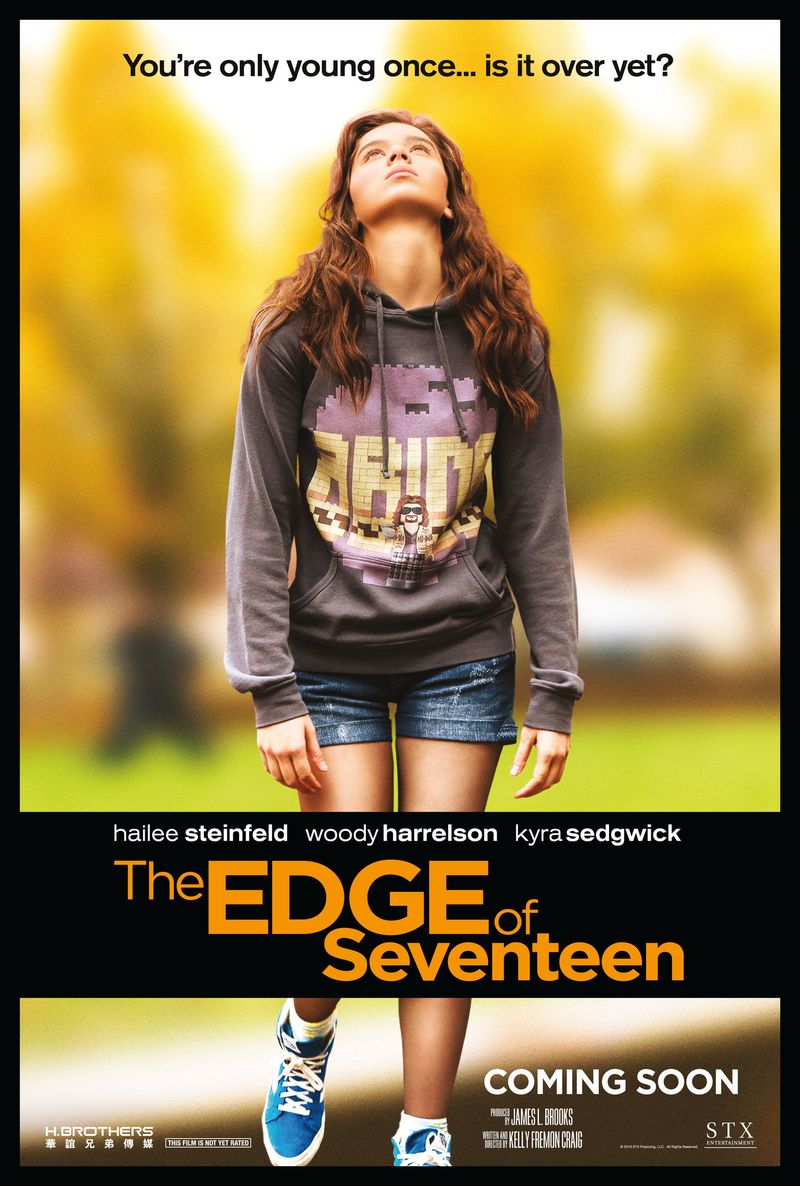
When her best friend starts dating her popular brother, a socially awkward teen sees her already messy life unravel even more. Her biting humor and cynicism are just a cover for the loneliness she’s trying to hide.
The film captures teenage overthinking with remarkable accuracy—from catastrophizing social interactions to the conviction that no one else understands your suffering. Nadine’s relationship with her history teacher (Woody Harrelson) provides moments of unexpected wisdom through his refusal to indulge her self-pity.
For overthinkers who remember the intensity of adolescent emotions, the film offers compassionate recognition that growing up means realizing you’re not the only one struggling.
15. Girl, Interrupted
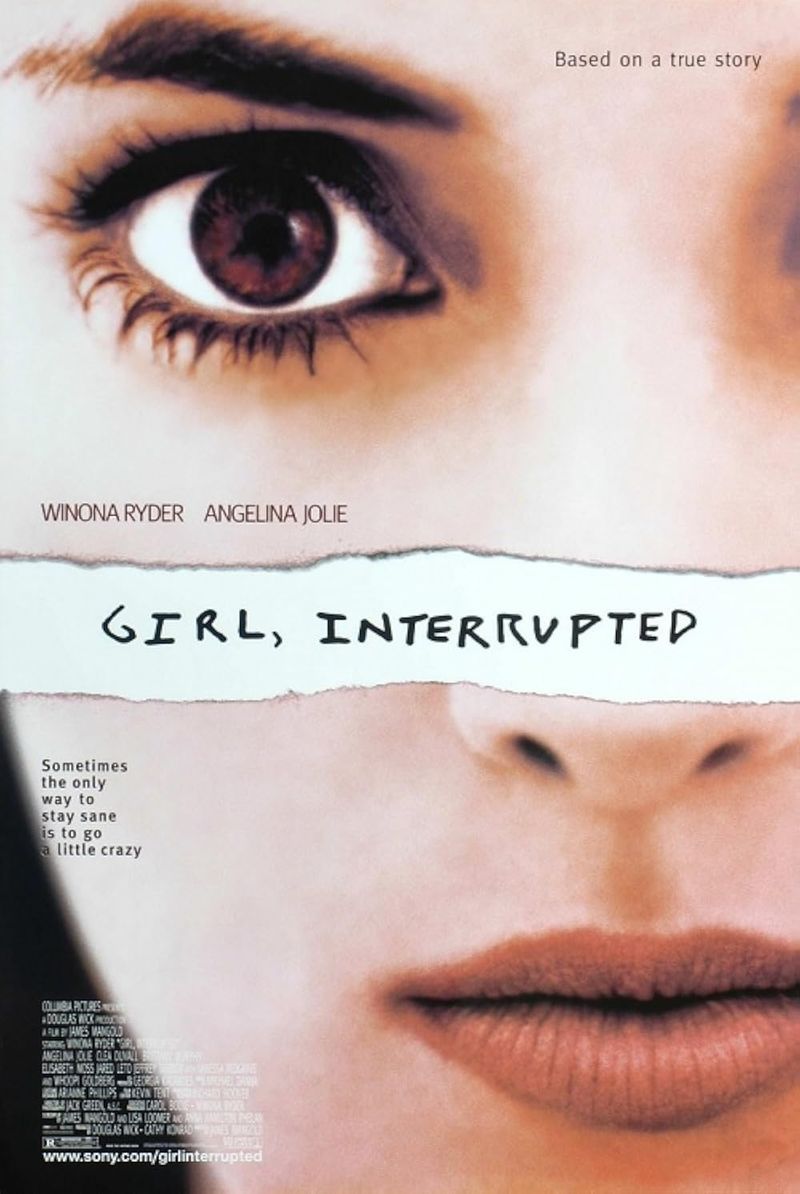
A young woman’s world changes after she’s committed to a psychiatric hospital in the 1960s. There, the women she meets challenge everything she thought she knew about mental illness and her own identity.
The film resonates with overthinkers through its exploration of the thin line between deep introspection and harmful rumination. Susanna’s journal writing represents both her analytical nature and her path toward healing.
For those who’ve questioned their own mental health, the film offers validation without romanticizing suffering. Its enduring message is that recovery doesn’t mean eliminating difficult thoughts but developing a healthier relationship with them.

Comments
Loading…